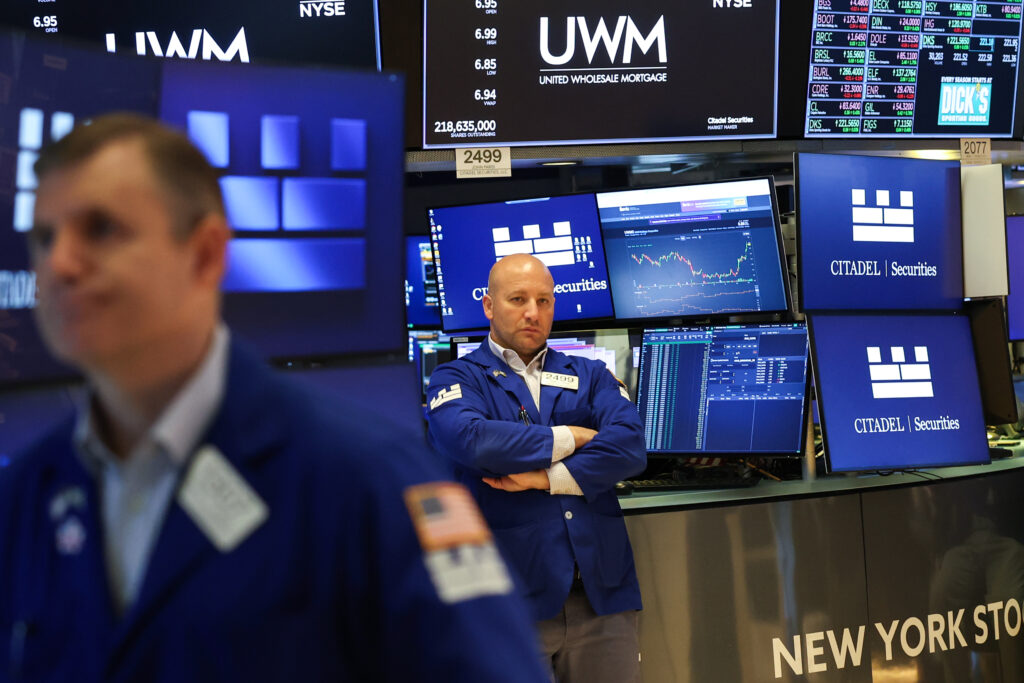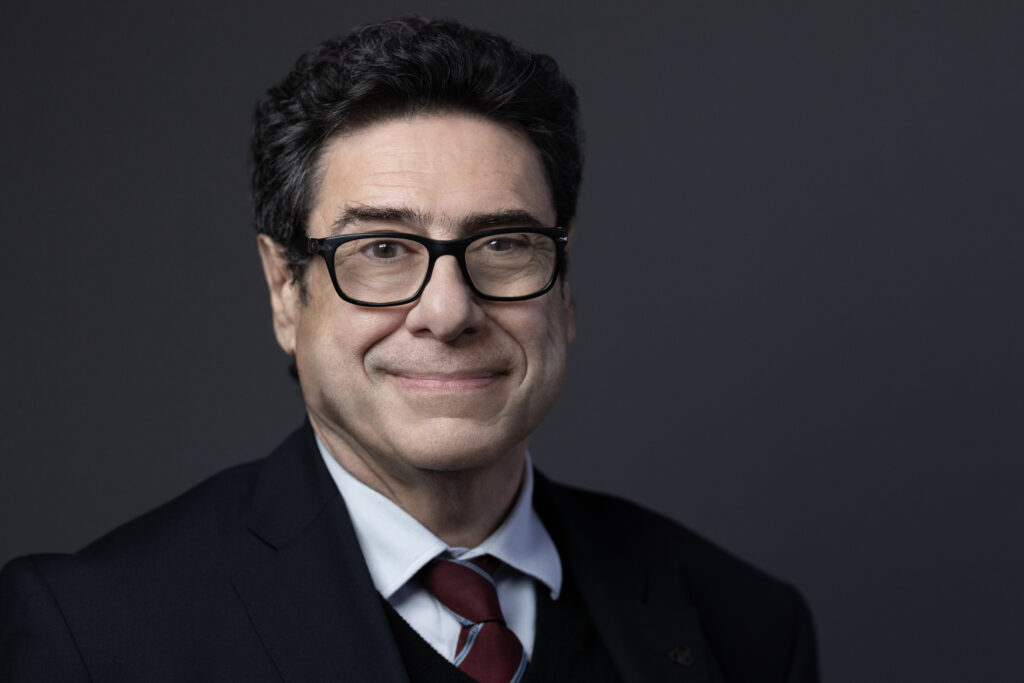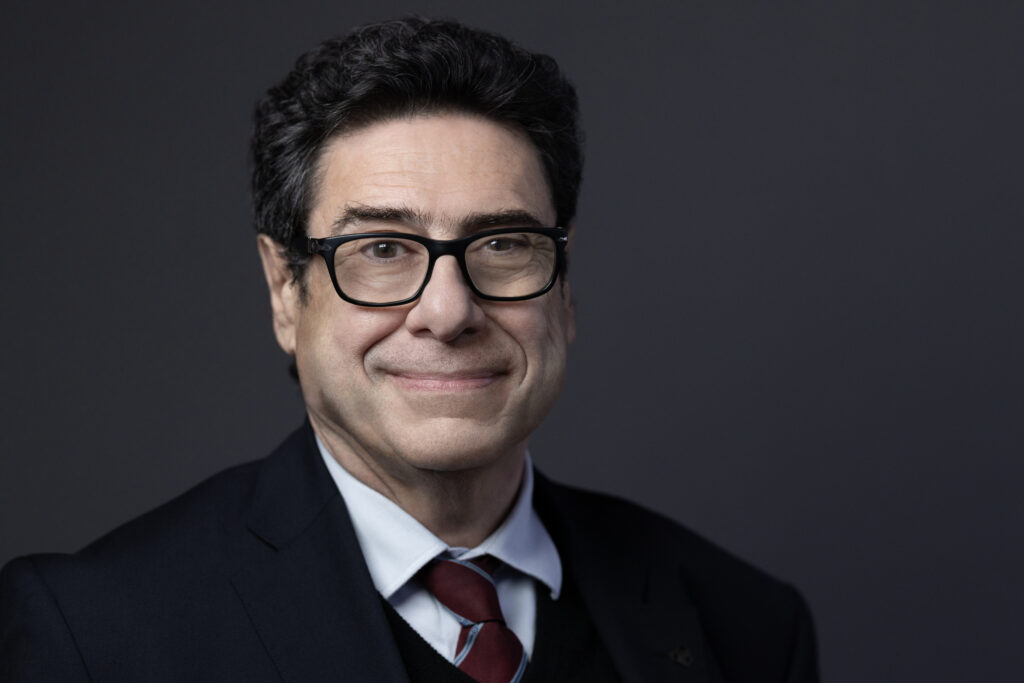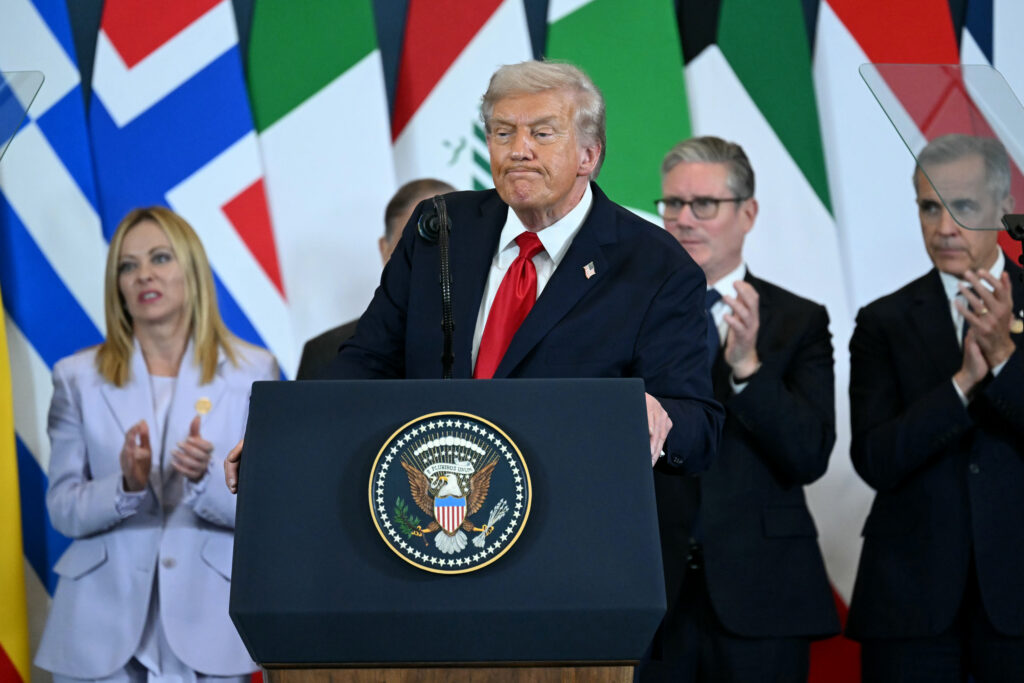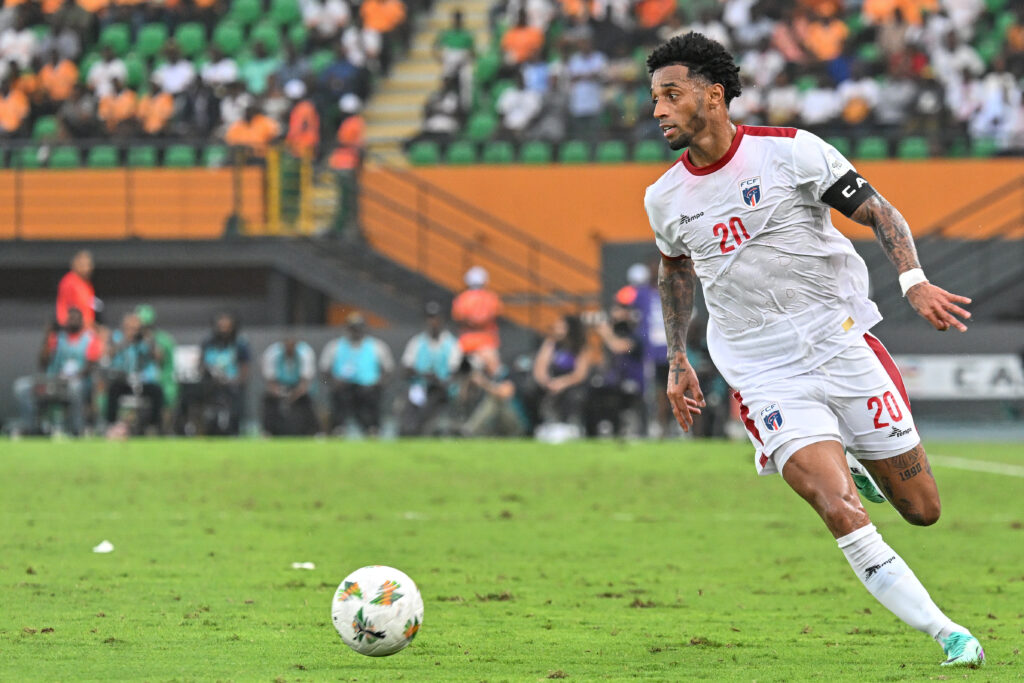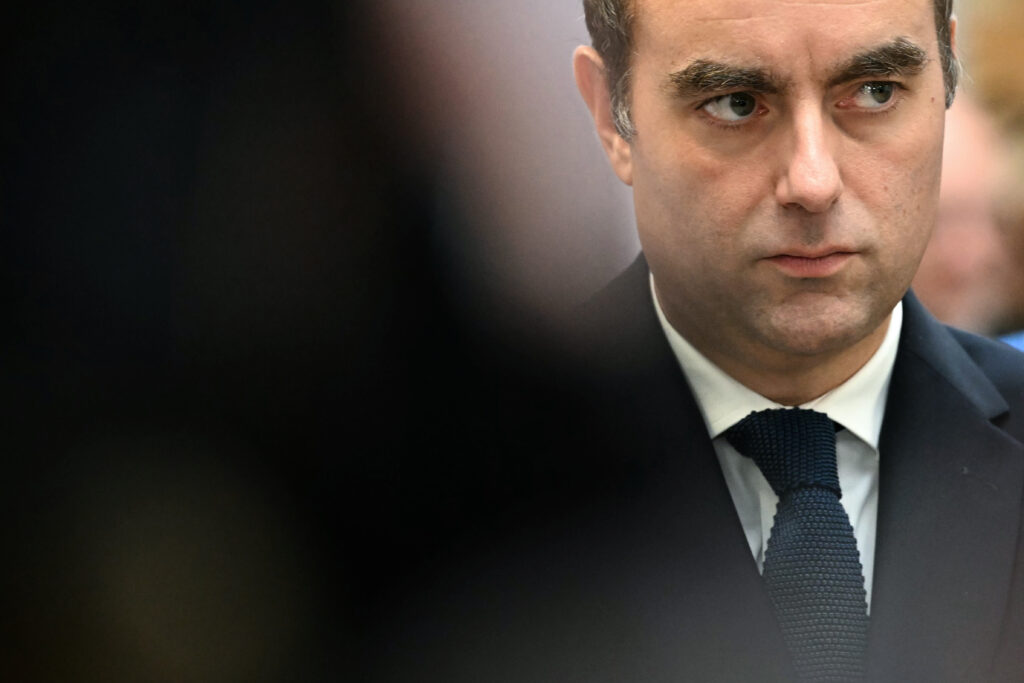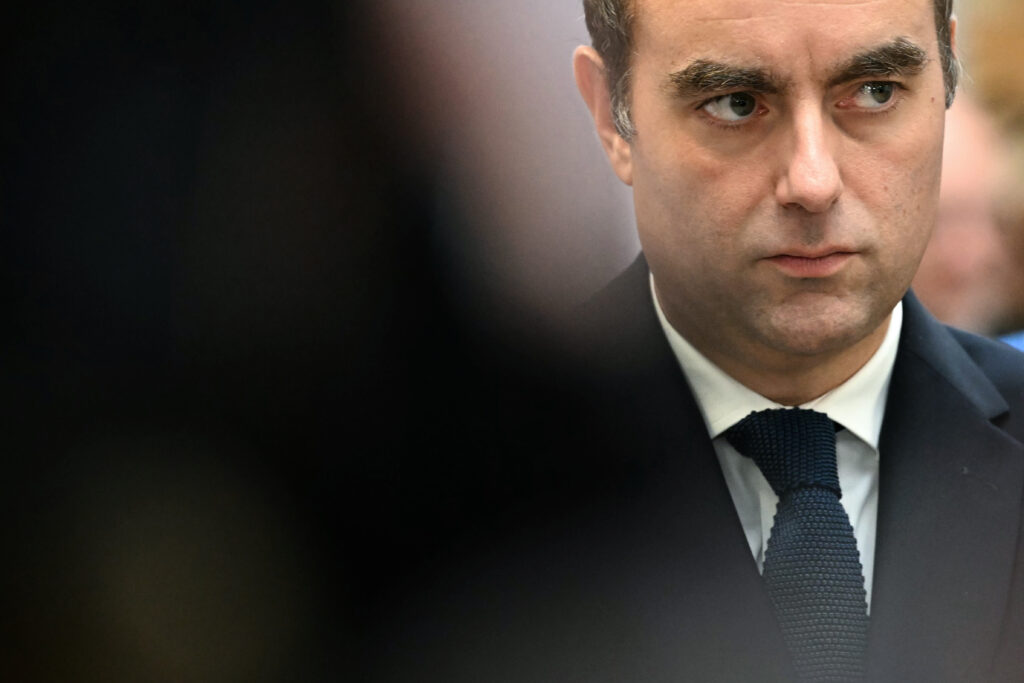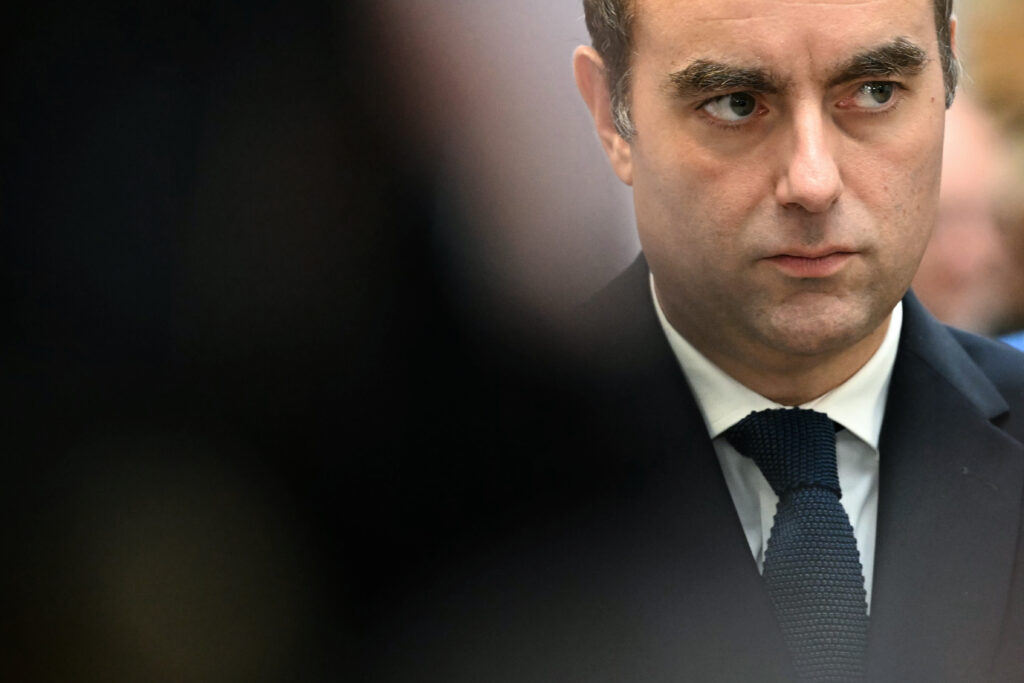De membre du Parti communiste à conseiller du président Emmanuel Macron, avant de s’en éloigner: le français Philippe Aghion, lauréat du prix Nobel d’économie lundi, veut mieux réguler le capitalisme en favorisant l’innovation.”Je n’en reviens toujours pas, c’est l’irréalité complète aujourd’hui”, a réagi lundi soir Philippe Aghion, invité du journal télévisé de France 2. “J’étais très surpris parce que je ne pensais pas du tout que ça pouvait arriver, et certainement pas cette année”, a raconté le lauréat du prestigieux prix, qu’il partage avec l’Américano-israélien Joel Mokyr et le Canadien Peter Howitt. Le prix vient récompenser ses travaux d’inspiration schumpetérienne sur la croissance et l’innovation, développés avec Peter Howitt dans l’ouvrage “Théorie de la croissance endogène” (1998).”Une “fierté française”, a affirmé Emmanuel Macron, la “reconnaissance (…) de la qualité de la recherche économique française”, a dit le gouverneur de la Banque de France François Villeroy de Galhau, et la preuve de “l’impact durable de ses idées sur la politique et la pensée économiques”, selon le président de la London school of economics, Larry Kramer, où enseigne M. Aghion.Sur France 2, ce dernier a plaidé pour une suspension, réclamée par le PS, de la contestée réforme des retraites. Le Premier ministre Sébastien Lecornu, qui doit présenter mardi en conseil des ministres son projet de budget pour 2026, a ouvert la porte à un débat sur le sujet.”Je pense qu’il faut arrêter l’horloge maintenant jusqu’aux élections présidentielles. C’est-à-dire (…) on stoppe à 62 ans et 9 mois”, a affirmé Philippe Aghion, considérant que “c’est la façon de calmer les choses”.- Première depuis Esther Duflo -La France n’avait pas décroché le prix Nobel d’économie depuis Esther Duflo en 2019.A 69 ans, Philippe Aghion, disciple de l’économiste autrichien Schumpeter, au débit de parole rapide et volubile, croit dans “Le pouvoir de la destruction créatrice”, qui est le titre de son dernier ouvrage.”L’idée, c’est de dire que la croissance, au long terme, c’est l’innovation. Et pas l’accumulation de capital, qui au bout d’un moment s’essouffle”, avait expliqué l’économiste français dans un entretien avec l’AFP en 2019. Proche du président français depuis qu’ils se sont rencontrés en 2007, Philippe Aghion a aidé Emmanuel Macron à élaborer son programme économique, avant de critiquer dans Libération en 2024 “une dérive vers la droite” et un pouvoir “vertical”.- Aragon, Paul Eluard -Né le 17 août 1956, il a grandi jusqu’à dix ans entre deux parents issus de familles juives d’Alexandrie. Sa mère Gaby Aghion, née Gabrielle Hanoka, célèbre fondatrice de la marque de prêt-à-porter de luxe Chloé, et son père Raymond, qui a joué un rôle important dans l’avènement du mouvement surréaliste et communiste égyptien. “J’ai très bien connu Aragon, Tristan Tzara, Paul Éluard”, se remémorait M. Aghion, “c’étaient des très proches de mon papa”, qui avait une galerie d’art à Paris. De ce père qu’il admire tant, il retient “la révolte contre les inégalités et la misère”, qui le pousse vers le communisme: de 1973 à 1984, il prend sa carte au PCF.Il ne voit pas cet engagement comme une contradiction avec ses positions actuelles: “je crois dans les mêmes valeurs, mais je ne crois plus au +grand soir+”, expliquait-il, “on ne peut pas dépasser le capitalisme, en revanche on peut le réguler”, selon cet économiste opposé à la taxe Zucman, une proposition récente soutenue à gauche et visant à taxer l’équivalent de 2% des patrimoines des ultrariches. Au JT, il a toutefois considéré qu’il y avait un “abus des holdings familiales”. Après des études en mathématiques à l’École normale supérieure de Cachan, Philippe Aghion se lance dans l’économie à l’Université Paris I, où il obtient son doctorat en 1983. Il part alors aux Etats-Unis, pour un PhD à Harvard. Aujourd’hui professeur au Collège de France, ce père de deux enfants – divorcé – enseigne aussi à l’école de management Insead. – “Penser aux plus vulnérables” -Selon lui, “l’important, c’est d’adopter des politiques qui renforcent l’innovation, mais en même temps de construire un système avec une réelle mobilité sociale”, à la manière des modèles scandinaves, un capitalisme qui doit “penser aux plus vulnérables”.Il a approuvé nombre de réformes ou de projets de réforme de libéralisation d’Emmanuel Macron, – comme la “flat-tax”, l’impôt forfaitaire sur les revenus du capital, ou le remplacement de l’impôt sur la fortune (ISF) par l’impôt sur la fortune immobilière (IFI).Philippe Aghion veut une politique industrielle, mais profondément rénovée, au service de l’innovation. Il a en outre coprésidé un comité interministériel sur l’intelligence artificielle, préconisant en 2024 des investissements massifs, et a estimé dans un entretien récent au quotidien français Le Monde que “le facteur-clé de la puissance économique, c’est le leadership technologique”.Ce social-libéral réfute la qualification d'”économiste de gauche”.”Je pense que je suis un homme de gauche, mais je ne suis pas un économiste de gauche”, affirme-t-il.
